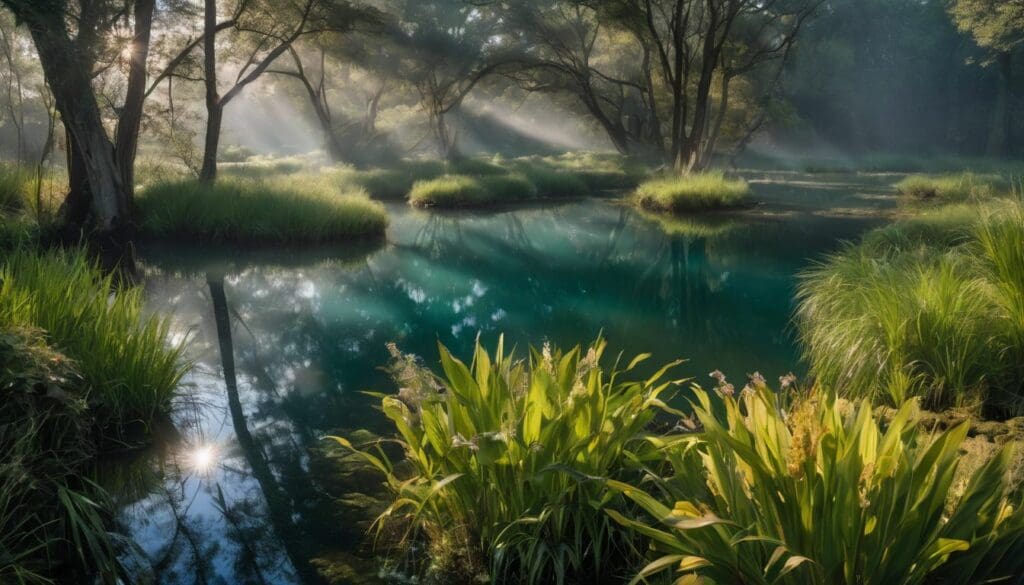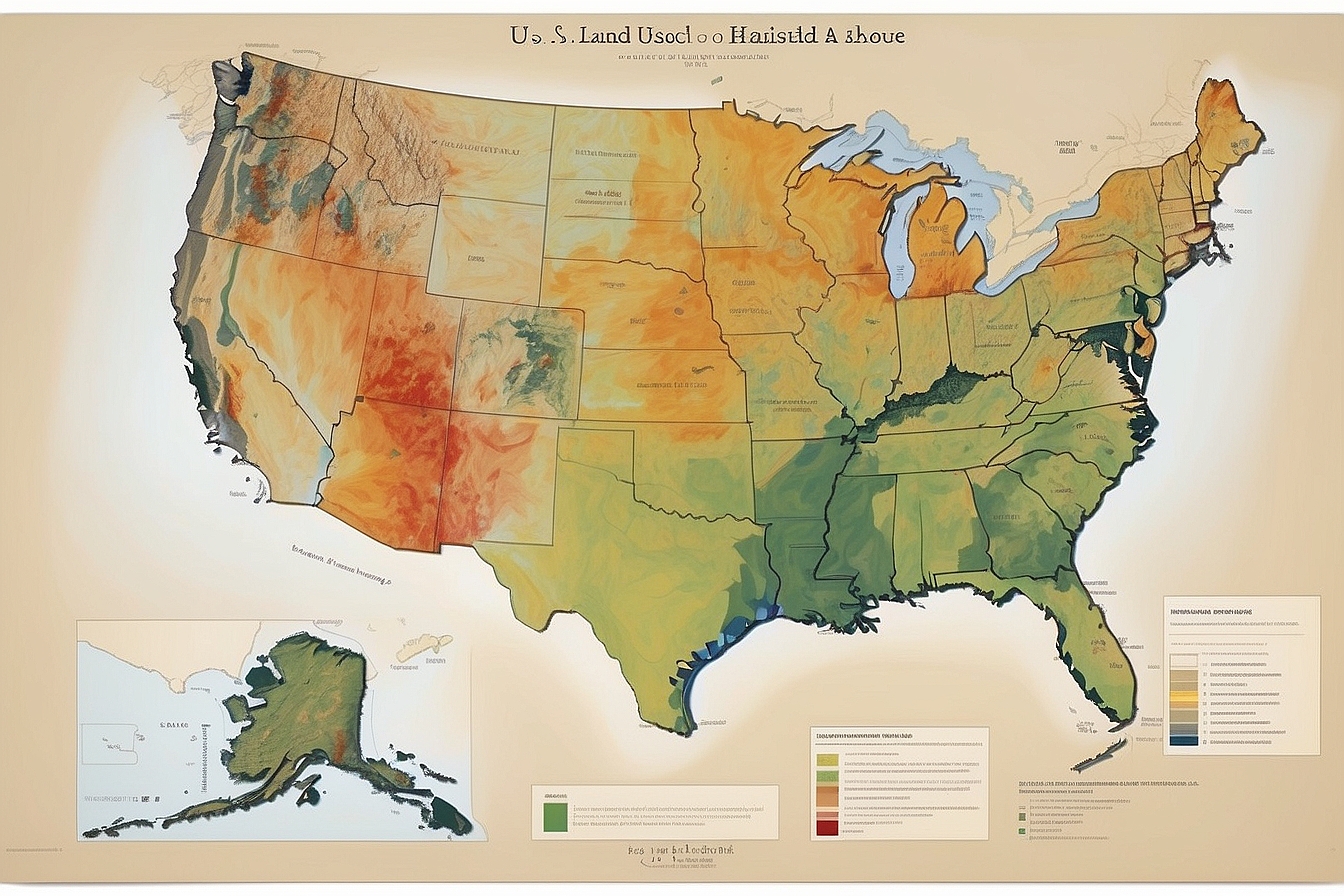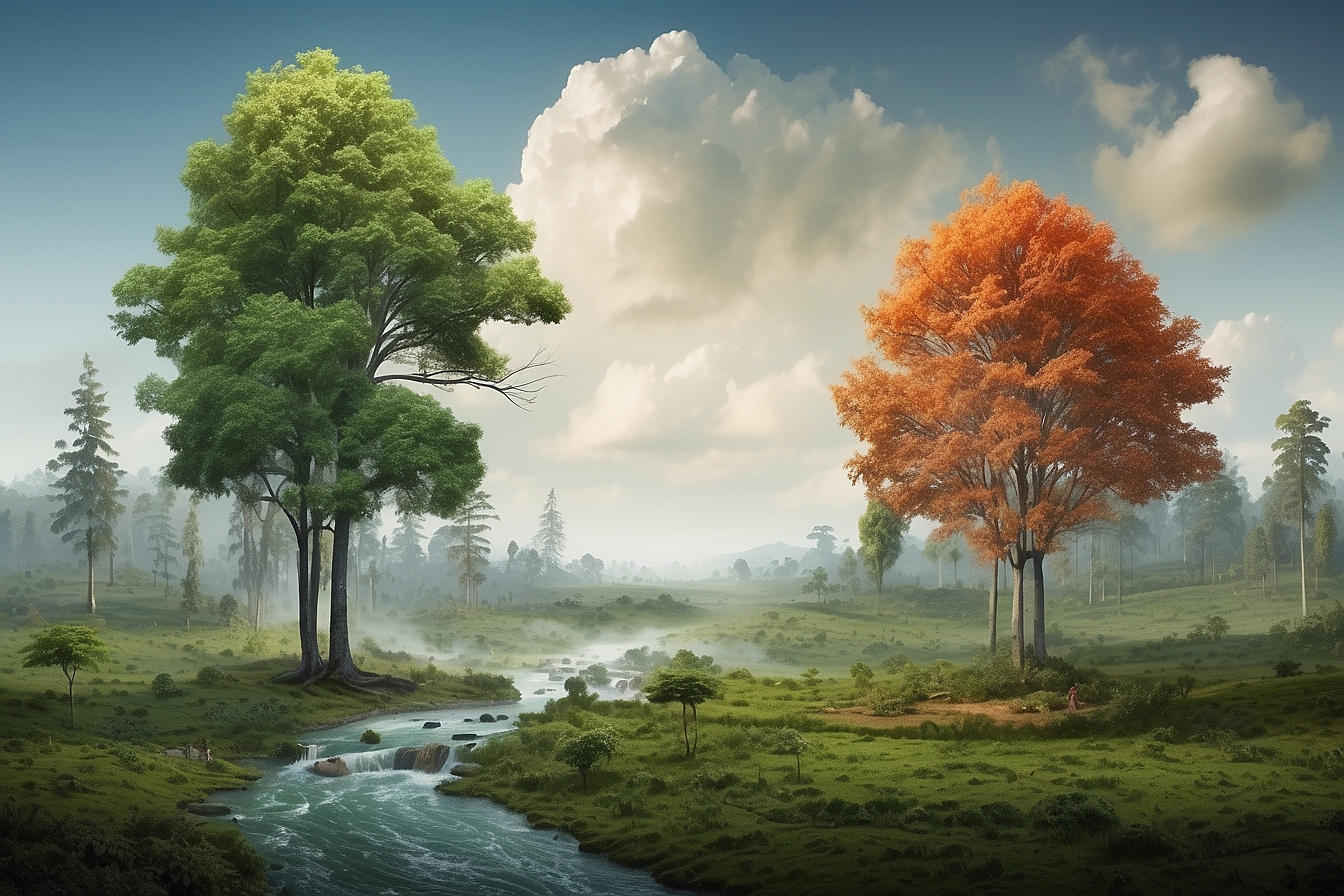We all cherish the thought of crystal-clear water and flourishing ecosystems, don’t we? That’s a passion we share – it’s what has inspired us to take a closer look at nature’s unsung champions: wetlands.
These remarkable environments are so much more than mere patches of water; they’re dynamic hubs for purifying our precious H2O, offering sanctuary to an array of wildlife, and combating climate change – astonishingly, they can even sequester more carbon than our leafy woodlands! In our latest blog post, you’ll be treated to a journey through the marvels of these aquatic wonders and discover why safeguarding them is crucial for sustaining our future.
Prepare yourself for quite the revelatory experience!
Key Takeaways
- Wetlands are crucial as natural water filters, trapping pollutants and helping to maintain clean rivers, lakes, and groundwater.
- They house a diverse range of plants and animals, providing habitats that support biodiversity and play a role in climate change mitigation by storing carbon.
- These environments act as buffers against extreme weather by absorbing excess rainwater to prevent flooding, regulating local climates through moisture release.
- People depend on wetlands for fresh water supply, flood control benefits which protect communities and infrastructure from damage.
- Wetlands sustain livelihoods through resources for fishing, farming, traditional medicine and contribute economically via ecotourism.
The Importance of Wetlands in Ecosystems
Wetlands are essential for the health and balance of ecosystems due to their natural water filtration, support of biodiversity and habitat, as well as their role in climate change mitigation.
Natural water filtration
We play a crucial role in protecting the planet’s water quality through our support of wetlands. These vital ecosystems function as Earth’s kidneys, filtering pollutants such as nitrogen and phosphorus from surface water.
Marshes, swamps, and bogs absorb these contaminants, ensuring cleaner rivers and lakes which benefits all forms of life.
Our commitment to conserving wetland areas has far-reaching effects on maintaining groundwater purity. Plants in these regions act like sponges; they soak up harmful substances and break them down into less toxic forms.
By preserving these natural filters, we safeguard our freshwater supplies while supporting the intricate web of biodiversity that relies on clean water for survival.
Biodiversity and habitat
Wetlands support a rich array of flora and fauna, providing vital habitat for numerous species. Diverse ecosystems within wetlands foster the survival of various plants and animals, including amphibians, birds, insects, and mammals.
The complex network of wetland habitats contributes to maintaining biodiversity by offering food and shelter to many organisms. Wetlands also serve as crucial breeding grounds for migratory birds and act as nurseries for fish, sustaining their populations.
Preserving wetlands is essential in safeguarding these diverse habitats that are home to countless species. Conserving wetlands ensures the sustainability of various native plants and animals that rely on these unique environments for their survival.
Climate change mitigation
Wetlands play a crucial role in mitigating climate change. They absorb and store carbon dioxide, one of the most significant greenhouse gases contributing to global warming. By trapping and sequestering carbon, wetlands help reduce the concentration of CO2 in the atmosphere, thus mitigating the impact of climate change.
Additionally, wetlands act as natural buffers against extreme weather events such as storms and floods, which are becoming more frequent due to climate change. Their capacity to absorb water helps prevent flooding and erosion, thereby offering protection to adjacent lands and communities.
Furthermore, wetlands contribute significantly to regulating local climates by releasing moisture into the air through evapotranspiration processes. This not only influences rainfall patterns but also helps cool surrounding areas.
The Benefits and Services of Wetlands
– Wetlands play a crucial role in providing freshwater supply, acting as natural sponges that hold and slowly release water, ensuring a steady flow of clean water for humans and wildlife alike.
– Additionally, wetlands serve as natural flood control systems by absorbing excess rainwater, reducing the risk of floods downstream. These services are vital for maintaining ecological balance and supporting communities around the world.
Freshwater supply
Wetlands play a crucial role in providing freshwater supply, serving as natural reservoirs for clean water. They store and release water at a controlled rate, ensuring a steady flow of freshwater to surrounding ecosystems.
With their ability to filter pollutants and excess nutrients from the water, wetlands contribute to maintaining the quality of our freshwater sources, benefiting both humans and wildlife.
This essential function helps sustain biodiversity and provides a source of pure water vital for various uses.
Wetlands also help regulate the quantity of available freshwater by storing it during heavy rainfall or snowmelt and gradually releasing it during dry spells. This process aids in preventing droughts and floods while supporting long-term water availability for plants, animals, and human communities alike.
Flood control
Wetlands serve a crucial role in flood control by absorbing excess water during heavy rainfall and storm events. The vegetation and soils in wetlands act as natural sponges, slowing down the flow of water and reducing the risk of flooding downstream.
This helps to protect nearby communities from costly flood damage and safeguards essential infrastructure such as roads, buildings, and agricultural land.
The presence of wetlands also helps to regulate water flow by storing rainwater during periods of heavy precipitation and slowly releasing it over time. By doing so, wetlands play a vital part in maintaining the balance of ecosystems while mitigating the impact of extreme weather events on human settlements.
Food and livelihoods
Wetlands are not just vital for flood control, but they also play a significant role in providing food and livelihoods. Many communities rely on wetlands for their sustenance, as they offer a rich source of fish, rice, and other edible plants.
Additionally, wetlands support the livelihoods of millions of people worldwide by providing opportunities for agriculture and tourism. This underscores the critical importance of conserving and protecting these valuable ecosystems to ensure that they continue to sustain both wildlife and human populations.
Furthermore, wetlands contribute to local economies through activities such as fishing, farming, and ecotourism. These natural habitats also provide essential resources for traditional medicine and handicrafts production in many cultures globally.
Conclusion
In conclusion, wetlands play a crucial role in supporting ecosystems by providing natural water filtration and preserving biodiversity. They also offer essential benefits such as freshwater supply, flood control, and food resources for livelihoods.
By recognising the significance of wetlands and actively participating in their conservation, we can ensure the preservation of these vital ecological areas for future generations.
Protecting wetlands is key to managing water resources effectively and mitigating climate change impacts.
FAQs
1. Why are wetlands significant in ecosystems?
Wetlands play a key role in ecosystems by supporting biodiversity, controlling floods, and helping with climate change through carbon storage.
2. What services do wetlands provide for the environment?
Wetland ecosystem services include water purification, habitat preservation for wildlife, and resources for humans like fish and rice.
3. How does climate change impact wetlands?
Climate change threatens wetlands by causing more frequent storms and rising sea levels which can lead to loss of these important habitats.
4. Can we restore damaged wetlands?
Yes, through careful planning and management, it is possible to restore wetland ecology to bring back their functions and conservation value.
5. How do wetlands help manage water resources?
Wetlands act as natural sponges that absorb rainwater; they reduce flooding risks while maintaining water quality by filtering pollutants.





